World Court Hears Arguments on Israel’s Responsibilities Amid Gaza Aid Blockade
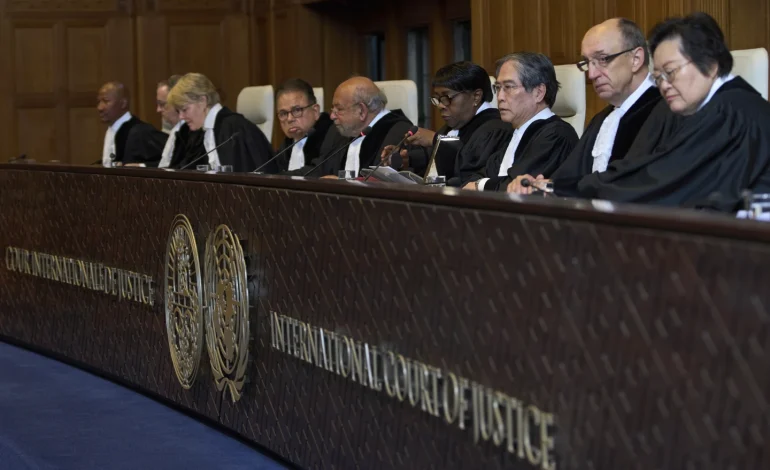
The International Court of Justice (ICJ) in The Hague has opened hearings to assess Israel’s obligations regarding the flow of humanitarian aid into Gaza.
This follows a request from the United Nations General Assembly, asking the court to provide an advisory opinion on the matter.
On the first day of proceedings, representatives from the United Nations and the Palestinian delegation accused Israel of breaching international law by blocking humanitarian supplies to Gaza’s 2.3 million residents. UN legal counsel Elinor Hammarskjöld stated that, as an occupying power, Israel has a clear responsibility to facilitate aid delivery to the local population, particularly under the current circumstances in the occupied Palestinian Territories.
Palestinian representative Ammar Hijazi argued that Israel was using humanitarian aid as “a weapon of war” while famine loomed in Gaza. Aid organizations, including the World Food Program, have reported severe shortages of food, fuel, and medicine since March 2, when Israel tightened its blockade.
Israel, which did not send representatives to the oral proceedings, submitted a written defense. Israeli Foreign Minister Gideon Saar described the hearings as politically motivated, accusing the UN and its Palestinian refugee agency (UNRWA) of bias and alleging links between UNRWA employees and Hamas. Israel maintains that it halted aid to Gaza to pressure Hamas to release hostages and to prevent militant groups from diverting aid supplies.
The hearings are taking place against the backdrop of a deepening humanitarian crisis. The Gaza Health Ministry reports that over 51,000 Palestinians have been killed since the conflict escalated, though the figures do not distinguish between civilians and combatants. Israel claims it has killed around 20,000 militants but has not provided detailed evidence.
International reactions have varied. US President Donald Trump reportedly urged Israeli Prime Minister Benjamin Netanyahu to allow humanitarian access, while countries such as Germany, France, and Britain have publicly called for unimpeded aid deliveries. Over the next week, representatives from 38 countries and four international organizations, including the League of Arab States and the African Union, are scheduled to address the 15-judge panel.
While the ICJ’s advisory opinion will carry significant legal and political weight, it will not be binding. Past rulings from the court, such as the 2004 judgment against Israel’s West Bank separation barrier, have been ignored by Israel, and experts are uncertain whether a similar outcome will follow.
The hearings have also brought renewed scrutiny to UNRWA, which has faced accusations from Israel of harboring militants among its staff. UNRWA acknowledges that a small number of its employees may have been involved in Hamas activities and has taken disciplinary action.
Palestinian officials expressed hope that the ICJ’s opinion will pressure Israel to ease its restrictions. Meanwhile, Israeli officials continue to argue that security concerns justify the blockade, stressing that humanitarian efforts must not endanger Israeli lives.
The ICJ is expected to take several months to deliver its opinion, which could influence future diplomatic and humanitarian strategies regarding Gaza, though enforcement will depend largely on international political will.
Reuters, Al Jazeera, the Associated Press, and the Times of Israel contributed to this report.
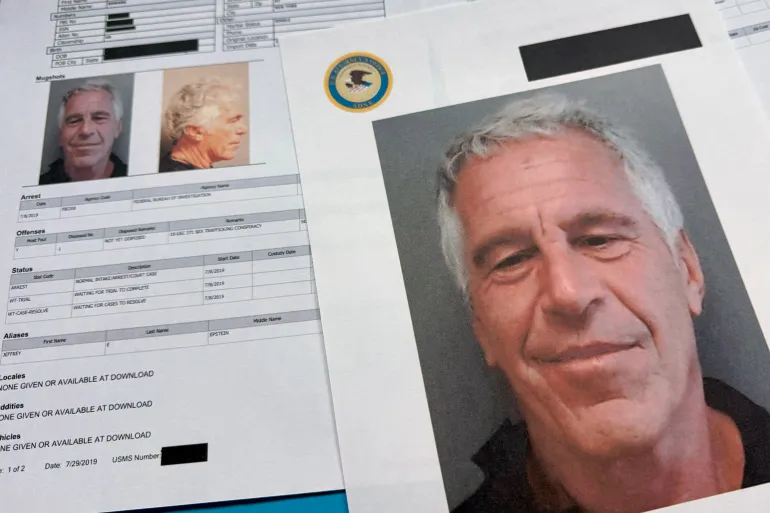
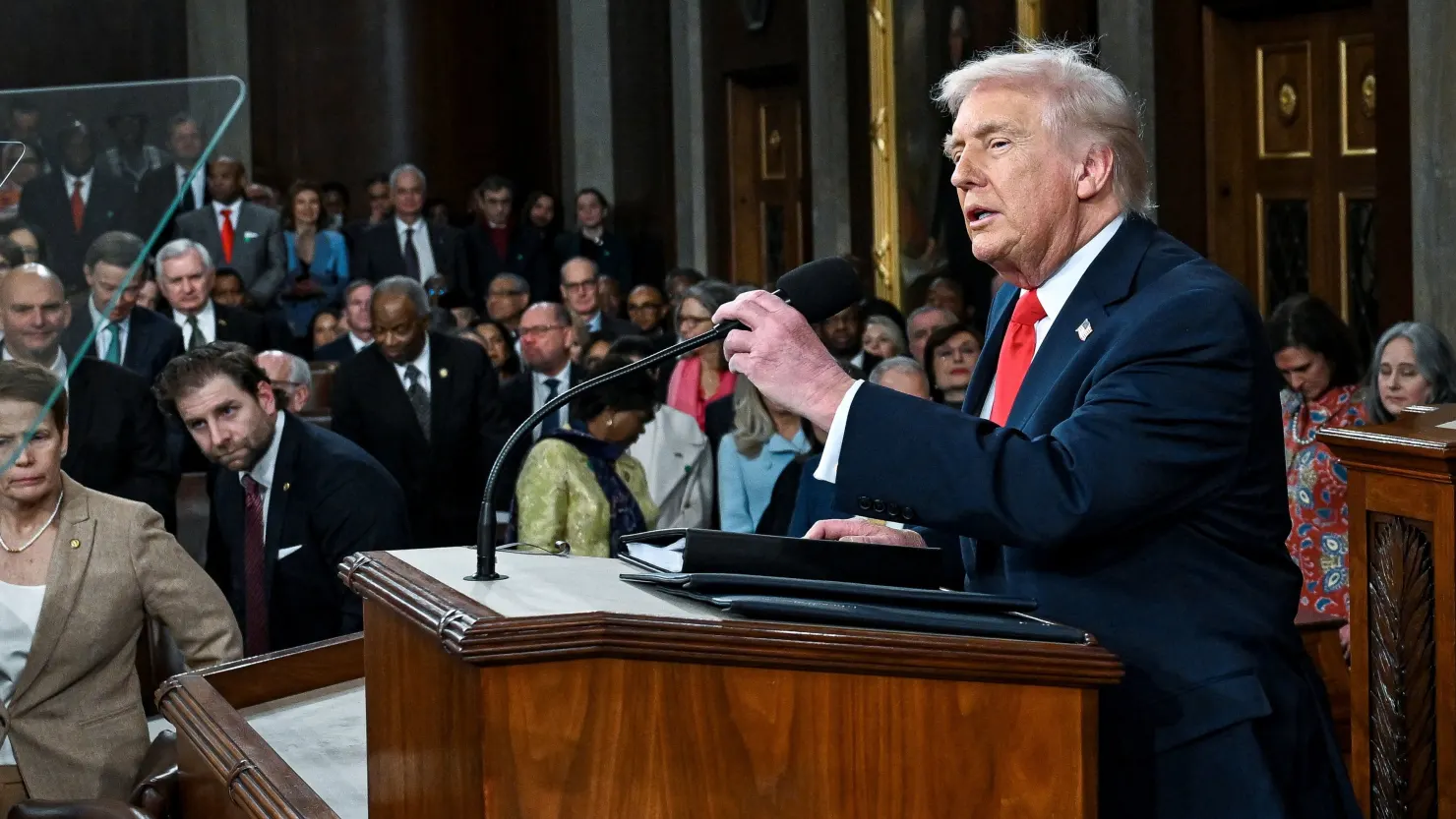

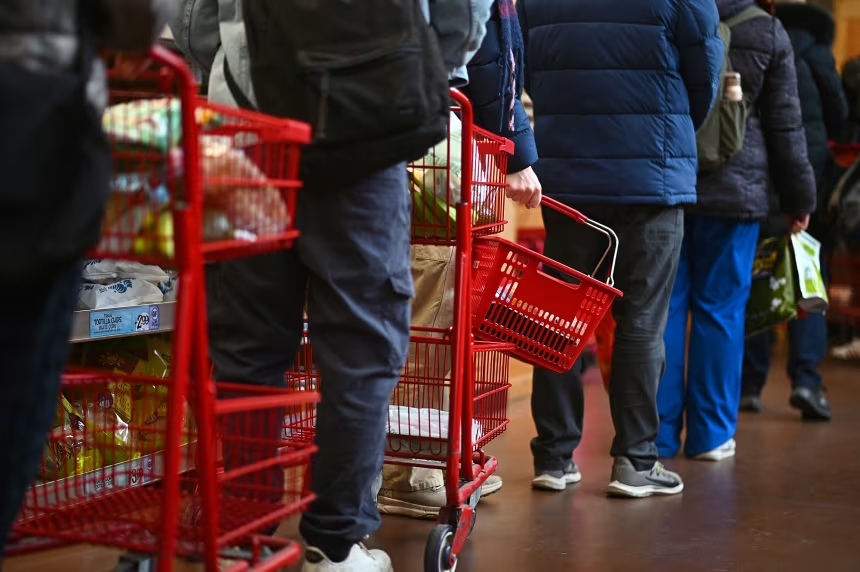
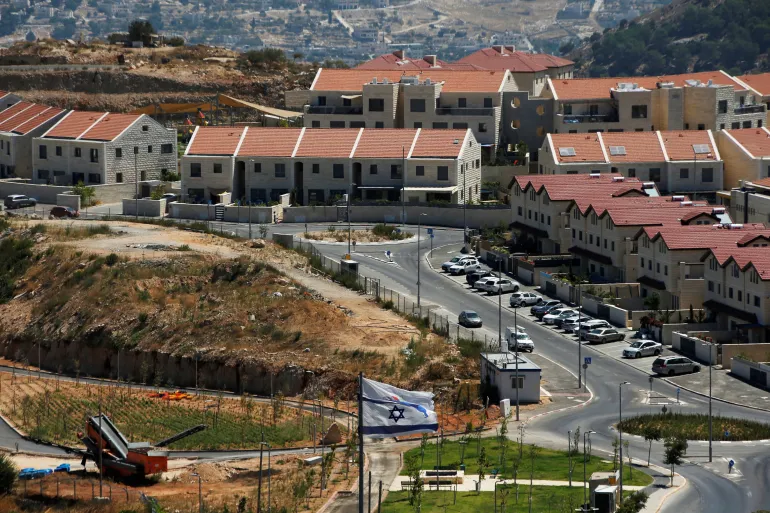




The latest news in your social feeds
Subscribe to our social media platforms to stay tuned